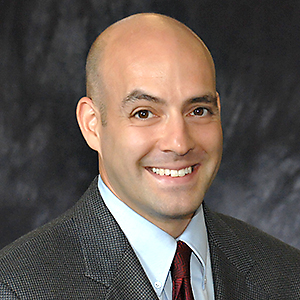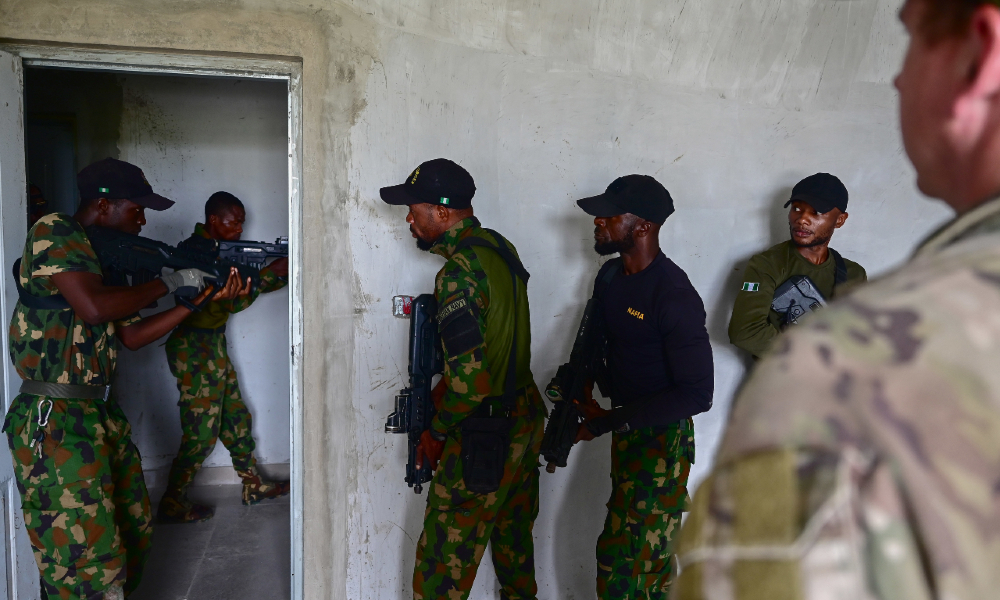How Long Will the ICC Deliberate on Palestine?
Palestinian officials are reportedly anxious for the International Criminal Court (ICC) to accelerate its examination of alleged abuses on their territory.
Published by The Lawfare Institute
in Cooperation With

Palestinian officials are reportedly anxious for the International Criminal Court (ICC) to accelerate its examination of alleged abuses on their territory.
The Palestinian Authority said yesterday it asked the International Criminal Court in The Hague to speed up its inquiry of alleged Israeli war crimes in the Gaza Strip. The move came in reaction to the Israel Defense Forces’ statement Wednesday that it was closing seven cases of killings of civilians in the summer 2014 war, without opening Military Police investigations into them.
“We had no expectations that Israel would do anything but justify its war crimes in the biggest military campaign against Palestinians in the Gaza Strip and renounce all responsibility, after an investigation that its colonial regime carried out,” said PLO Secretary General Dr. Saeb Erekat.
ICC prosecutor Fatou Bensouda initiated a preliminary examination of the situation in Palestine in January 2015, more than a year and a half ago. That may seem like ample time for the prosecutor to decide whether to launch a full investigation, but the record of ICC preliminary examinations suggests that Palestine still faces a long wait. Below are the lengths of ICC preliminary examinations in selected situations:
|
Situation |
Duration of ICC Preliminary Examination |
Status |
|
Colombia |
>11 years
|
Ongoing |
|
Afghanistan |
> 8 years |
Ongoing |
|
Georgia |
>7 years |
Full investigation |
|
Nigeria |
>4 years |
Ongoing |
|
Palestine |
1.5 years |
Ongoing |
|
Uganda |
6 months |
Full investigation |
|
Darfur |
>3 months |
Full investigation |
|
Libya |
<1> |
Full investigation |
In its early years, the prosecutor's office was tight-lipped about ongoing preliminary examinations. Recently, however, the prosecutor has begun providing regular and often quite substantive updates on the status of its examinations. The next report is due in November and should contain some indications of where the prosecutor stands.
|
Give Lawfare
a birthday gift! |
In the meantime, what can the actors involved do to alter the prosecutor's calculations? It appears that both Palestinian and Israeli officials are in regular contact with the prosecutor's office, and ICC officials have traveled to the region for meetings. The Israeli government is apparently weighing a request by prosecution officials to visit the West Bank and Israel in the coming weeks. Israel has also been conducting its own reviews of how its conduct during the Gaza conflict (IDF investigators recently closed several inquiries without charges). These internal inquiries will be critical to the prosecutor, because they go to the "complementarity" question of whether the parties are adequately investigating alleged criminal conduct.
Palestine, of course, appears to be champing at the bit for a full investigation and has reportedly submitted several rounds of documentation on alleged Israeli crimes, including settlement activity. Curiously, there is one formal step Palestine has not taken: it could, as a member state, formally refer its situation to the court. This might appear to be a technicality; the ICC already has broad jurisdiction, and Palestine has expanded it temporally through the Article 12(3) declaration it submitted last year. But the Rome Statute creates an important procedural distinction between situations formally referred by member states (or the UN Security Council) and situations where the prosecutor is operating on her own (proprio motu). Specifically, a three-judge panel must approve a full investigation in a proprio motu context, and past experience suggests that judges examine those requests carefully. If Palestinian officials are really so keen on an investigation, why not remove that procedural hurdle to launching one?
Palestinian leaders wavered for years on how to approach the ICC, and their reluctance to formally refer suggests that they may want to keep one last ICC bargaining chip in their possession. What will this mean for the prosecutor? Former ICC official Alex Whiting argued last year that the prosecutor would be unlikely to launch an investigation without a formal referral:
Without an article 14 referral, it is hard to imagine the Prosecutor ever opening a formal investigation in Palestine. Although she could, using her proprio motu power, why would she? Israel plainly will not cooperate with her investigation and if Palestine does not even ask for an investigation under article 14, then that would be a important signal to the Prosecutor that perhaps it is also not so eager to have an investigation. Since the ICC requires cooperation from states to conduct its investigations, the Prosecutor will want a clear indication from Palestine that it is fully committed to an investigation before she commits precious resources to one.
I'm not so sure. Palestinian officials have put the prosecutor in an awkward position by repeatedly signaling their desire for an investigation and by appearing eager to cooperate while stopping just short of a formal referral. I would guess that a referral won't be decisive for the prosecutor, but its continued absence will be one additional reason to draw out the preliminary examination as long as possible.





